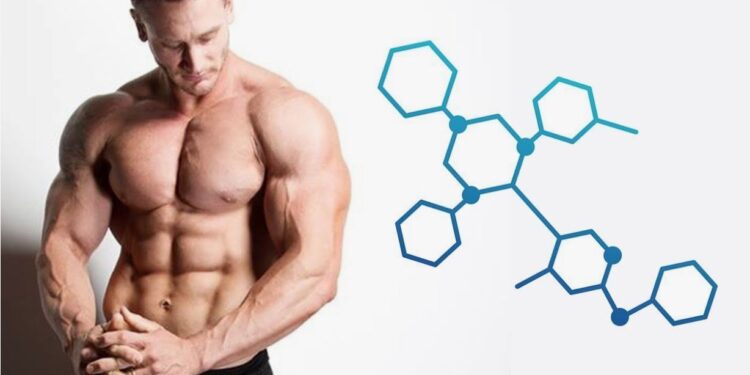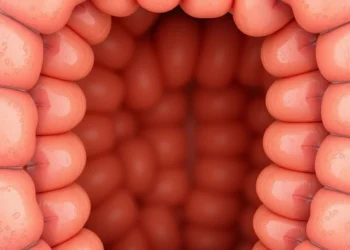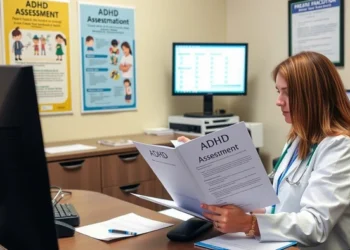As you age, your body’s natural production of testosterone and HGH decreases. These hormones play key roles in health and vitality, so the quality of life often declines along with hormone levels. However, hormone replacement therapy is available to replenish your body’s supply of both of these essential hormones. Testosterone and HGH therapies are often surrounded by myths and misconceptions. While both play essential roles in the body’s hormonal balance, misinformation can prevent people from understanding their benefits, risks, and appropriate use.
What Is Testosterone?
As the male sex hormone, testosterone is essential for male development. Throughout a man’s life, it is responsible for numerous essential functions. Testosterone is also produced in the female body and serves many of the same key roles for optimal health. These include:
- Red blood cell production
- Fat distribution
- Muscle strength and growth
- Libido
- Sperm production in men
- Vaginal moisture in women
- Menstrual cycle regularity in women
- Mood stabilization
- Cognition
- Hair growth
- Bone health
What Is HGH?
HGH, or human growth hormone, is produced in the pituitary gland and plays a key role in children’s growth. After you stop growing, this hormone continues to be produced in the body and serves other important purposes. For example, it promotes optimal metabolism and regulates blood sugar levels. In addition, human growth hormone is essential for maintaining your body’s structure. If you have growth hormone deficiency, you may experience:
- A general sense of unease
- An increased risk of heart disease
- Weak bones and muscles
- Increased body fat
Hormone Replacement Therapy
As these essential hormones decline in your body, the deficiency creates increasingly bothersome and even dangerous health issues. Through a blood test, you can learn if you are suffering from a deficiency. Your doctor will review the results to determine if you would benefit from hormone replacement therapy and what the suitable dosage is.
While testosterone and human growth hormone are both produced naturally in the body and essential for human health, many people have heard myths about hormone replacement therapy that dissuade them from getting beneficial treatment. What are these myths?
- Myth 1: Testosterone and human growth hormone are the same thing.
Testosterone and human growth hormone are not the same thing. Testosterone is produced in males in the testes. In both men and women, it is also produced in the adrenal glands. Human growth hormone is produced in the pituitary gland. While both play essential roles in human health, their functions and benefits are unique.
- Myth 2: Human growth hormone and testosterone therapies are only for bodybuilders.
Both human growth hormone and testosterone are essential for strong bones and muscles. However, everyone needs strong bones and muscles. In addition, both hormones have other functions that impact total body health.
- Myth 3: Using HGH therapy automatically increases testosterone levels.
A common question people have when hormone replacement therapy is recommended is, “Does HGH increase testosterone?” In one study conducted by the American Academy of Physiology, the effects of these hormones on the body are optimized when both hormones are at optimal levels in the body.
In another study conducted by the Journal of Endocrinology and Metabolism, subjects receiving human growth hormone and testosterone replacement therapy benefited from reduced body fat and increased muscle mass. While studies indicate that human growth hormone indirectly affects testosterone production, it is not a replacement for testosterone therapy.
- Myth 4: Testosterone and human growth hormone therapies are unsafe.
There are risks of taking testosterone and human growth hormone therapy. However, the risks are low when therapy is administered and monitored by a doctor. You should not attempt to treat yourself with testosterone or human growth hormone.
- Myth 5: HGH and testosterone therapies cause uncontrollable aggression.
In high quantities, human growth hormone and testosterone can cause aggressive behavior. However, the likelihood of aggression is minimal when the dosage is regulated by your physician.
- Myth 6: Over-the-counter supplements can replace HGH and testosterone therapy.
The FDA has approved synthetic human growth hormone only with a prescription. Any other human growth hormone that you locate may be unsafe and illegal. Regarding testosterone, you can purchase supplements that help your body naturally increase hormone production. However, these work slowly and have less predictable results. You should avoid taking testosterone that you obtain without a prescription. This illegal testosterone does not meet FDA standards and can be unsafe.
Also Read: The Rise of the “Fluff and Fringe” Hair Trend
What Are the Risks of Taking Human Growth Hormone and Testosterone?
The effects of taking human growth hormone and testosterone together under a doctor’s supervision are synergistic and positive. However, when an inappropriate dosage is taken or when a low-quality, over-the-counter form is taken, you are exposed to several risks. Some of these include:
- High blood pressure
- High cholesterol
- Carpal tunnel syndrome
- Fatigue
- Type 2 diabetes
- Depression
- Decreased libido
If you suffer from the symptoms of low human growth hormone or low testosterone, you may benefit from replacement therapy. Consult with the HGH Doctor today.














